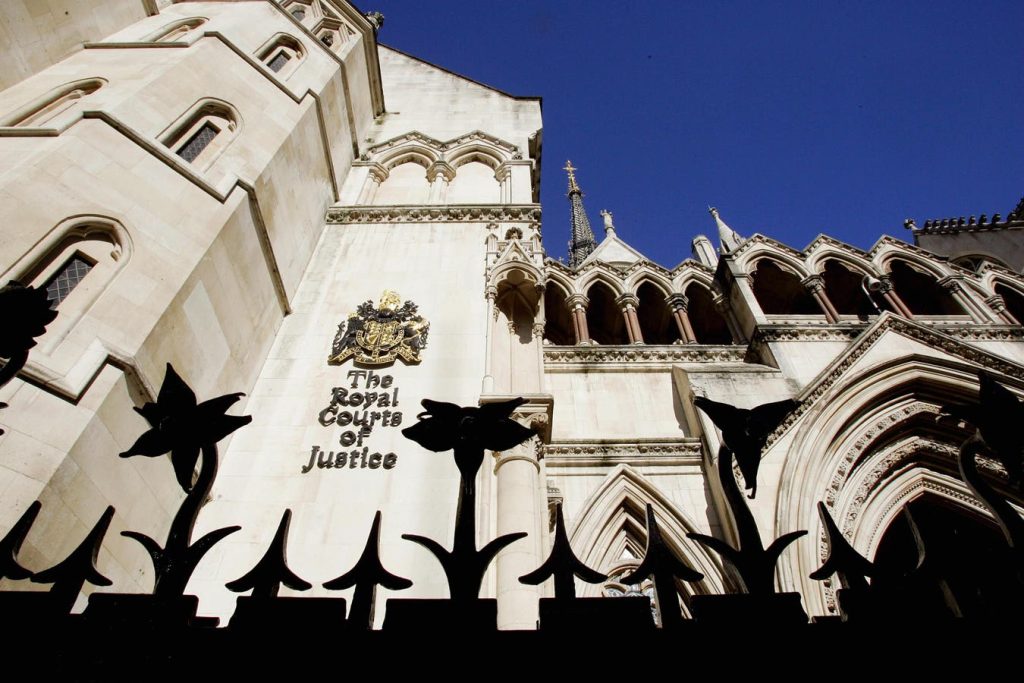On May 3, the High Court ruled that the United Kingdom’s plan to reach net zero by 2050 did not provide sufficient detail to comply with the UK Climate Change Act. This is the second time the Court has rejected the government’s Net Zero strategy to reduce greenhouse gas emissions. The UK Department for Energy Security and Net Zero has 12 months to amend the plan to comply with the court order. The legal action was brought by Friends of the Earth and ClientEarth and challenged the carbon budget delivery plan adopted in March 2023 on five grounds.
The Court upheld four of the five grounds for the legal challenge, dismissing Ground 5, and found that the GHG reduction goals set in the plan were not achievable based on the details and strategy of the plan. Justice Clive Sheldon of the King’s Bench Division stated that the proposal was irrational as there was insufficient information to make the decision and adopt a GHG reduction plan without supporting evidence. Secretary of State for Energy Security and Net Zero, Clair Coutinho, now has 12 months to draft an updated plan to meet the Court’s standards.
Friends of the Earth, ClientEarth, and other climate activist organizations praised the Court’s decision, emphasizing the need for the government to take real, credible action to address the climate crisis. ClientEarth lawyer, Sam Hunter Jones, stated that the government cannot rely on high-risk technologies and uncertain policies to meet its goals, but must deliver a plan that can be trusted to deliver and with reliable numbers. The government, on the other hand, dismissed the Court’s decision as a procedural victory, stating that the claims in the case were largely about process and that there was no criticism of the detailed plans in place.
The ruling highlights the importance of having a detailed and credible plan in place to address climate change and reduce greenhouse gas emissions. It sends a clear message to the government that it cannot simply rely on hopes and high-risk technologies to reach its net zero goals, but must take concrete actions and develop a plan that can be trusted to deliver results. The Court’s decision also underscores the role of legal action in holding governments accountable for their climate policies and ensuring that they are in line with the law. As the government works to amend its plan to comply with the Court’s order, it is crucial that it considers the concerns raised by the Court and works to develop a plan that is both effective and achievable in reducing greenhouse gas emissions.


